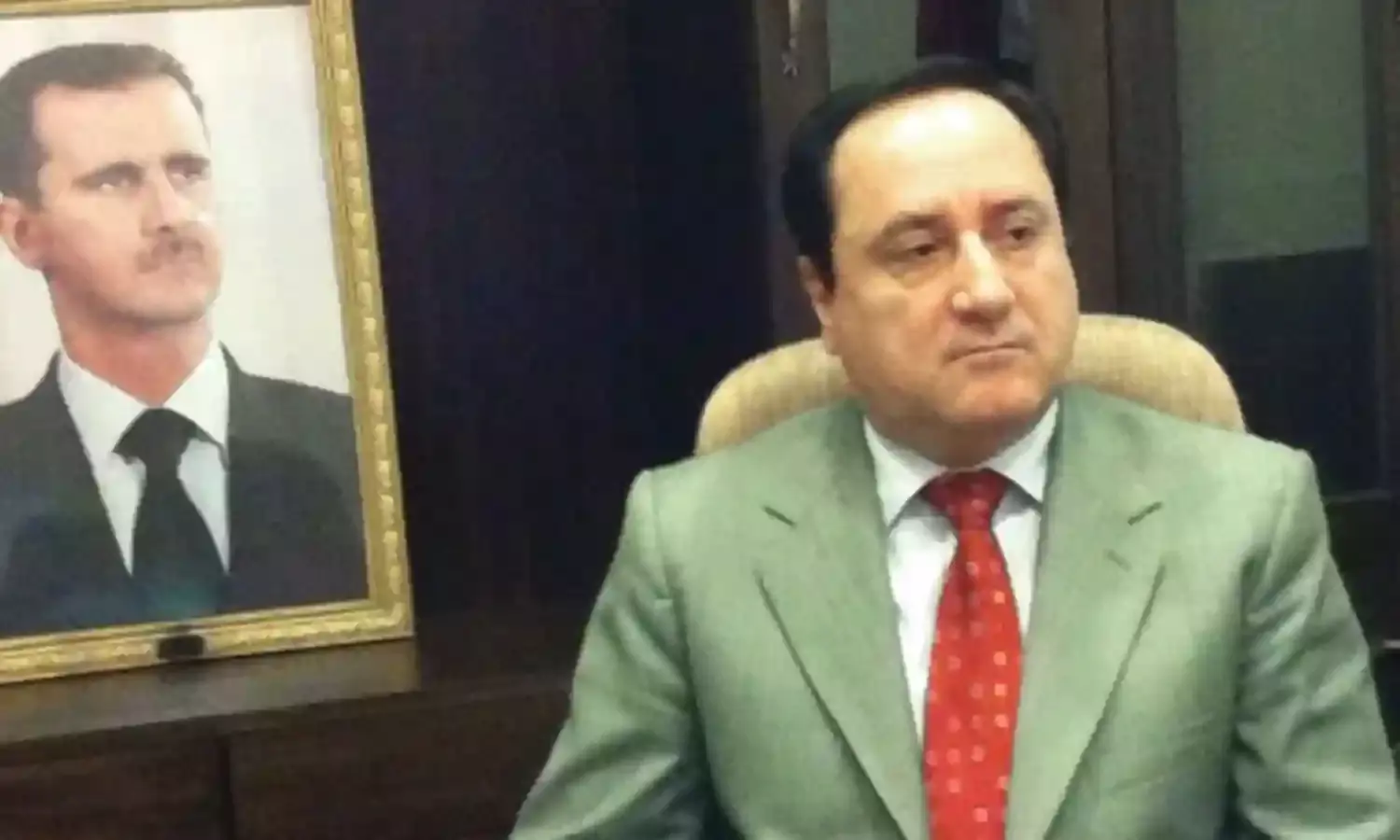Trump Has No Right to Give Away Our Land, Says Syrian Ambassador in Delhi
'The Islamic State was created by the Americans'

The annual meeting of the Arab League in Tunisia voiced a serious condemnation of US President Donald Trump’s sudden proclamation recognising the occupied Golan Heights as Israeli territory. A resolution will be tabled in the United Nations Security Council against Washington’s unilateral declaration.
Trump’s statement reverses decades of US foreign policy in the region and defies a UN declaration stating that Israel’s annexation of the Golan Heights violates international law.
UN Secretary-General Antonio Guterres clearly stated that the Syrian conflict cannot be resolved without guaranteeing Syrian territorial sovereignty, which includes the question of the occupied Golan Heights. Meanwhile, Syria’s absence from the summit continues after its membership was suspended in 2011 due to its government’s response to the civil war there.
Elections are to be held to Israel’s parliament on April 9. Netanyahu faces severe internal criticism due to several corruptions charges.
US recognition of the Golan Heights as Israeli territory consolidates Israel’s access to what it calls the Sea of Galilee, an important source of freshwater. The Heights also give Israel a military advantage over rebel groups in Syria.
Meanwhile, the Israeli Broadcasting Authority announced that Israel plans to settle 250,000 settlers in the occupied Golan Heights over the next 30 years.
In response to Trump’s declaration made on March 25, Riad Kamel Abbas the Syrian Ambassador in India held a press conference at the Syrian Embassy in Delhi on March 28.
Ambassador Abbas recalled how Moshe Dayan, the Israeli defence minister during the Madrid conference in 1991 wanted to “give back” the Golan Heights to Syria. He said the biography of Dayan published by his daughter Yael Dayan reveals how Israel “deliberately provoked” Syria towards war in 1967.
Abbas said that the current political conundrum of Syria should be understood through the lens of exploitation. “After the announcement of pulling out US troops from Syria, Trump was hoping for some business favours from Syria. As it never happened, Trump ignited the regional rivalry for supporting Israeli PM Netanyahu during the elections.
“Golan Heights has 62,000 Syrian citizens, who do not accept the American declaration. In fact, we have discovered vast amounts of crude oil and rock phosphate reserves there. Thus, the US wants to further involve itself to gain advantage,” he said.
According to Abbas, “the Arab Spring was in fact Arab fire, created by the US to control natural resources in West Asia. This declaration is a dirty deal between Trump and Benjamin Netanyahu, especially to increase his legitimacy during the Israeli elections.”
“The Syrian government officially declines this declaration. Trump does not have the right to give away our land. UN Security Council Resolutions 242 and 338 need to be respected,” he emphasised.
Abbas noted how countries in West Asia had started “disappearing” in terms of their legitimacy, citizenship and sovereignty due to US foreign policy. Taking the example of Daesh, he said “ISIS has been created by the American army, which supports them in Syria and Iraq.”
On US secretary of state Mike Pompeo’s recent visit to Lebanon, Ambassador Abbas said that instead of acting as an American official, Pompeo behaved as an Israeli foreign policy official by threatening Lebanon to inhibit its bilateral relations with Russia.
Abbas also questioned Trump’s announcement of pulling out US troops from Syria. “No one knows what would happen with the mercenaries, or with [Daesh leader Abu Bakrul] Baghdadi who is currently imprisoned by the US itself. We have interacted with several European ministers who visited Syria recently to request the government not to allow European citizens who joined ISIS to return. Also, several EU countries have revolted against Trump’s declaration.”
On the bilateral relations between India and Syria, Abbas suggested mediation. “We have full faith in Indian foreign policy. India has been adhering to the UN charter and we would welcome any act of peaceful mediation. India has been a victim of colonialism and has never victimised any other country. Both India and Syria share internal mineral resources. We are having the International Trade Fair in August where we have invited Indian private and public companies to invest in oil, energy and gas, construction and low-cost housing ventures.”
Revealing the factual detail of Daesh’s termination in Syria, he mentioned that currently the government has regained 92% of Syrian territory, except Idlib, located in the northern part. The delayed “reconciliation” in Idlib is to save the civilian population, he said. In case it fails, military intervention would become necessary. He added that 400-600 billion dollars would be needed for the reconstruction of Syria.
On Turkey’s role in the Syrian crisis, Abbas remarked that the political crisis had resurfaced. “Currently, Turkey is suffering from a politics of denial and confusion, as it does not know whom to support – US or Russia? Turkey maintains its loyalty towards Russia as Putin controlled the coup against Turkish President Erdo?an, which was initiated by America itself. Be it in defence, intelligence sharing or business interests, Turkey is going through its own crisis.
“As of now, there are no official diplomatic talks between Syria and Turkey. The back-channel meditation and diplomacy is being conducted by Russia,” he said.
Towards the end, the ambassador mentioned that if the Syrian government has arrested Indian citizens who worked for the Islamic State, they would be released through diplomatic channels. He also supported India’s membership in the Organisation of Islamic Cooperation.



